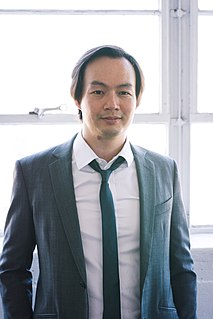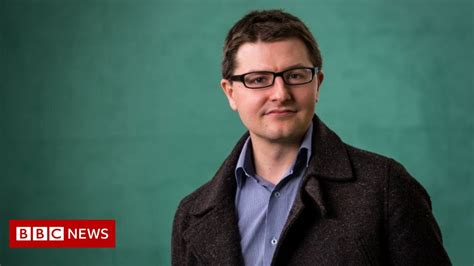A Quote by Rem Koolhaas
We know that Las Vegas is junk, but at the same time I think that exactly the same process and ultimately also, perhaps the same logic, attaches itself to or underlies our masterpieces. We live in an amazing era when in spite of an absence of masters there is an explosion of masterpieces.
Related Quotes
Kids draw masterpieces - they're the best painters ever. I think the same with music. They could totally write amazing music if they just had the right tools. It's important at that age to set up something, and then maybe afterwards you can go study your violin for 500 hours a week. But at least in the beginning you know about the options.
And so, Thanksgiving. Its the most amazing holiday. Just think about it — it's a miracle that once a year so many millions of Americans sit down to exactly the same meal as one another, exactly the same meal they grew up eating, and exactly the same meal they ate a year earlier. The turkey. The sweet potatoes. The stuffing. The pumpkin pie. Is there anything else we all can agree so vehemently about? I don't think so.
Solidarity does not assume that our struggles are the same struggles, or that our pain is the same pain, or that our hope is for the same future. Solidarity involves commitment, and work, as well as the recognition that even if we do not have the same feelings, or the same lives, or the same bodies, we do live on common ground.
The creative process is a very collaborative process. I know it might seem that way because so much ink is spilled and the media is obsessed with business and numbers and studios... but filmmakers don't think of it that way. We just go off and we tell our stories. It's the same torture that we adore, it's the same torture that our forefathers endured making movies in the golden era of Hollywood. So, from my perspective it's no different, I'm sure, from the men and women who I admire so much who made the earliest movies.
Here's an easy way to see if a war movie is being truthful: If you see an explosion on a faraway hillside and the sound of the explosion and the detonation of the bomb happen at the same time - if they're putting the sound and the vision together in the same moment - they're going toward our cultural understanding of war, not the reality of war.
When I studied how to think in school, I was taught that the first rule of logic was that a thing cannot both be and not be at the same time and in the same respect. That last note, “in the same respect,” says a lot. As soon as you change the frame of reference, you’ve changed the truthiness of a once immutable fact.
The words 'maybe' and 'perhaps' are literally the same - the flavor is the same, the educational level is the same. But you just know when to use maybe and when to use perhaps. I think it's because of this: You get to know the tastes or musical tastes of words themselves, and this informs your choice, whether you use them or not.






































